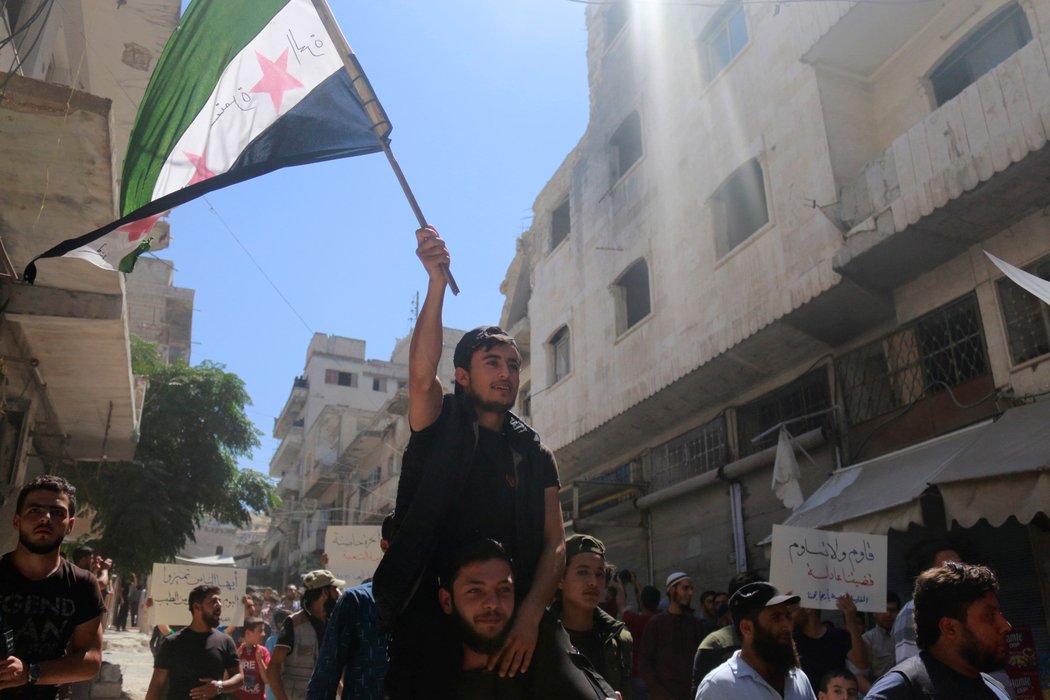
Association
On 8th December 2024, the Gulf Centre for Human Rights (GCHR) welcomed the news that the Al-Assad government had finally fallen in Syria after years of relentless human rights violations that affected thousands of innocent citizens, including human rights defenders.
GCHR recalled the brave group of prominent human rights defenders who gave everything they had to defend human rights in the country, most notably Razan Zaitouneh, Wael Hamada, Samira Al-Khalil, Nazem Hammadi, Khalil Ma’touq and Bassel Khartabil, among many others.
GCHR further welcomed the efforts to release all prisoners of conscience from all official and secret prisons. This came amidst the good news that blogger Tal Al-Mallouhi, 33, was released on 8th December 2024 from Adra Women’s Prison after being arrested on 27th December 2009 for her personal views on social media, including her call to end the corruption that was rampant during the previous regime. She was sentenced to five years in prison on 15th February 2011 but not released at the end of her sentence.
Hundreds of prisoners were freed from Syria’s vast prison network, including the infamous Saydnaya Prison in Damascus, where dozens of bodies were also found. Among the bodies found with evidence of torture was prominent human rights defender Mazan Al-Hamada, who returned to Syria from exile in 2020, only to be forcibly disappeared. On 12th December 2024, thousands marched and sang in a procession in the streets of Damascus in honour of Al-Hamada.
A total of 21 NGOs joined a statement led by the EuroMed Rights Network to “ stand in solidarity with the Syrian people in their pursuit of freedom and justice, as an opportunity for Syria to break free from decades of oppressive rule. We condemn the grave human rights violations that have defined the Syrian conflict, including enforced disappearances, systemic oppression, forced displacement, and inhumane conditions in regime operated prisons.” The NGOs called on the EU and its member states to “support access for independent NGOs by urging local authorities to enable their work in promoting human and social rights, which is essential for accountability and long-term stability in Syria.”
Amnesty International also hailed the news as an historic opportunity to end and redress decades of grave human rights violations. Secretary General of Amnesty International, Agnès Callamard, stated:
“Any measures proposed to move forward from this deadly chapter in Syria’s history need to be rooted in the principles of justice, accountability and non-recurrence. Suspected perpetrators of crimes under international law and other serious human rights violations must be investigated, and if warranted, prosecuted for their crimes in fair trials and without the possibility of the death penalty. For the families of Syria’s tens of thousands of forcibly disappeared, the release of detainees from the many prisons across the country, including Saydnaya military prison, raises the prospect that they could finally discover the fate of their missing loved ones, in some cases decades later. As much as possible in the circumstances, attempts must be made to collate and preserve evidence of any crimes committed, past or present, to ensure accountability. It is vital that prison records and other documentation is preserved, as such information could provide critical evidence on the fate of the disappeared and be used in future prosecutions and trials for crimes under international law.”
On 16th December 2024, Human Rights Watch stated that a mass grave in Damascus and statements by people living in the surrounding area suggest that the area is a mass crime scene and may have been the site of other summary executions. Human Rights Watch visited the site in the southern Damascus neighborhood of Tadamon on 11th and 12th December 2024, finding scores of human remains, both at the location of an April 2013 massacre and strewn throughout the surrounding neighborhood. Human Rights Watch called on transitional Syrian authorities to take steps to urgently secure and preserve physical evidence across the country of grave international crimes by members of the former government.
Human Rights Watch has further remarked that any post-Assad transition should centre on human rights by urgently addressing justice, accountability and the protection of all Syrians.